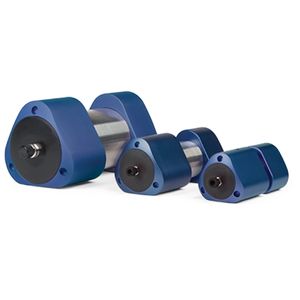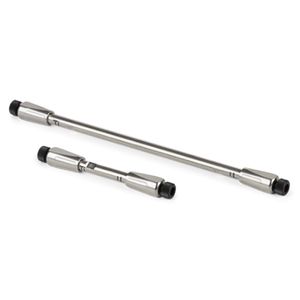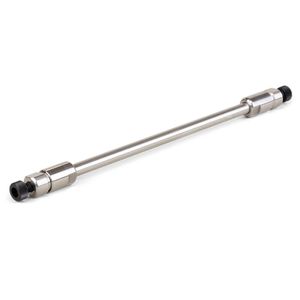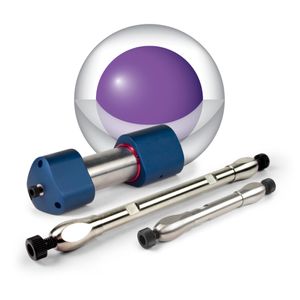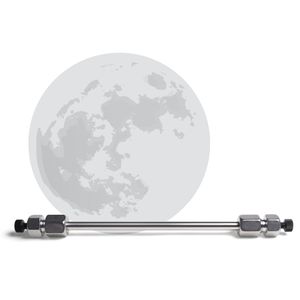
c-Yes (F-7) | Santa Cruz Biotechnology
mouse monoclonal IgG1; Yes Antibody (F-7) is an IgG1 κ mouse monoclonal Yes antibody (also designated YES1 antibody, YES Proto-Oncogene 1 antibody, Src Family Tyrosine Kinase antibody, V-Yes-1 Yamaguchi Sarcoma Viral Oncogene Homolog 1 antibody, Tyrosine-Protein Kinase Yes antibody, YES1 Proto-Oncogene Src Family Tyrosine Kinase antibody, Proto-Oncogene Tyrosine-Protein Kinase YES antibody, Yamaguchi Sarcoma Oncogene antibody, Cellular Yes-1 Protein antibody, or P61-YES antibody) that detects the c-Yes protein of mouse, rat and human origin by WB, IP, IF, IHC(P) and ELISA. c-Yes Antibody (F-7) is available as both the non-conjugated anti-c-Yes antibody form, as well as multiple conjugated forms of anti-c-Yes antibody, including agarose, HRP, PE, FITC and multiple Alexa Fluor® conjugates. Src is the human homolog of the v-Src gene of the Rous sarcoma virus, also known as avian sarcoma virus or ASV. Src is the first proto-oncogenic non-receptor tyrosine kinase characterized in human. By virtue of common structural motifs, the Src family is composed of nine members in vertebrates, including Src, Yes, Fgr, Frk, Fyn, Lyn, Hck, Lck and Blk. Src-family kinases transduce signals that control a variety of cellular processes, including proliferation, differentiation, motility and adhesion. Src-family kinases contain an amino terminal cell membrane anchor followed by an SH3 domain and an SH2 domain involved in modular association and activation, respectively. Human c-Yes is the cellular homolog of the Yamaguchi sarcoma virus oncogene, Yes1. The human c-Yes gene maps to chromosome 18p11.31-p11.21 and encodes a 543 amino acid protein. c-Src and c-Yes kinases are more than 80% homologous outside of unique amino-termini. Their respective SH3 and SH2 domains are capable of directing specificity in substrate binding.





















